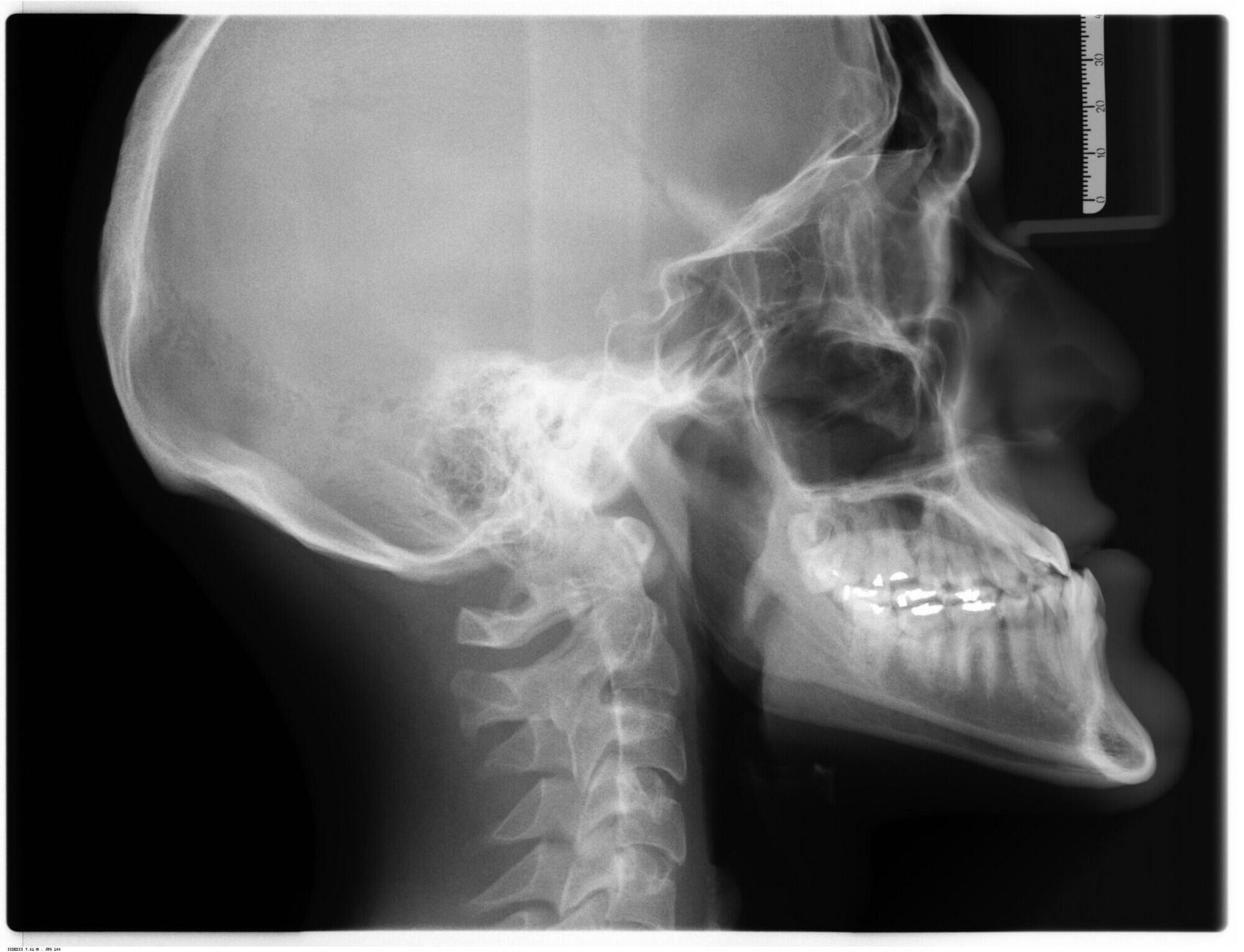Understanding the Different Stages of TMJ Disorder: From Early Symptoms to Chronic Conditions

According to the National Institute of Dental and Craniofacial Research, between
5% and 12% of the general population suffers from temporomandibular joint and muscle disorder (TMJ). When people ask, "What are the 4 stages of TMJ?" they are often looking for a way to recognize symptoms before they become severe.
Without treatment, it can lead to chronic pain and difficulty with basic jaw movements. Knowing how TMJ disorder progresses can help individuals take action before symptoms become debilitating. Below, we'll explore the key aspects to keep in mind so you can simplify understanding TMJ stages.
1. Early Signs of TMJ Disorder
TMJ disorder often begins with mild symptoms that are easy to overlook. Many people experience occasional
jaw stiffness or minor discomfort when chewing. Clicking or popping sounds may also be present but don't always indicate a serious problem.
At this stage, the jaw joint is under stress but hasn't suffered significant damage.
Identifying these early signs can prevent the condition from worsening. Common early symptoms include:
•Jaw stiffness in the morning
•Mild discomfort when eating chewy foods
•Occasional clicking or popping sounds
•Temporary ear pain without infection
•Slight difficulty in fully opening the mouth
Ignoring these warning signs may lead to more persistent discomfort over time.
2. Increased Pain and Jaw Dysfunction
As TMJ disorder progresses, symptoms become more noticeable and disruptive. The jaw may start to ache
throughout the day, especially after talking or eating.
Some individuals experience intermittent locking of the jaw, making it difficult to move. Pain may spread to the temples or neck, further affecting daily life. At this point, seeking professional guidance is advisable to prevent worsening symptoms.
3. Muscle Tension and Limited Jaw Movement
Tension in the jaw muscles becomes a
major concern at this stage. As the disorder advances, muscle strain leads to persistent tightness and discomfort.
Limited movement can make it hard to yawn or chew without pain. Many people also develop headaches due to
increased muscle tension.
If untreated, this stage may contribute to long-term joint damage. Key indicators of muscle tension include:
Chronic jaw pain, even when resting
Increased headaches or migraines
Difficulty opening the mouth fully
Soreness in the temples or cheeks
Tension in the neck and shoulders
Early intervention can help prevent permanent joint damage and restore comfortable movement. Left unchecked, this can even change your facial aesthetics.
4. Structural Damage and Joint Deterioration
At this stage, the damage to the jaw joint becomes more severe. Cartilage breakdown and inflammation contribute to
significant pain and restricted movement.
Some individuals may notice a grating sensation when moving their jaw. Without treatment, the joint may suffer irreversible deterioration. This stage often requires specialized intervention to restore function.
How TMJ Disorder Progression Affects Daily Life
Living with advanced
TMJ disorder can make everyday activities more difficult. Eating certain foods may become painful, and speaking for extended periods can lead to discomfort.
Sleep disturbances are also common due to
nighttime jaw clenching. The overall impact on daily routines can be frustrating and exhausting.
Understanding these challenges highlights the importance of early management. Daily life disruptions may include:
• Pain while eating, especially with hard or chewy foods
• Speech difficulties from jaw stiffness
• Poor sleep quality due to nighttime clenching
• Increased stress from chronic discomfort
• Difficulty enjoying social interactions due to pain
Proactively managing TMJ disorder can prevent these complications from worsening.
TMJ Treatment Options for Early Stages
Mild TMJ symptoms can often be managed with non-invasive treatments. Lifestyle adjustments and stress reduction techniques may help alleviate discomfort.
Over-the-counter pain relievers can also provide relief. Seeking guidance from a dentist or TMJ specialist can ensure
proper treatment. Taking action in the early stages can prevent long-term complications.
Advanced TMJ Treatment Strategies
Having
severe TMJ disorder may require more intensive interventions. Splints or mouthguards can help prevent teeth grinding and alleviate strain on the joint.
In some cases, injections or physical therapy may be necessary to manage pain. Surgical options are considered only when other treatments fail.
Consulting a specialist can determine the best course of action for advanced cases. Some advanced treatment options include:
• Custom mouthguards to reduce jaw strain
• Physical therapy to improve joint function
• Corticosteroid injections for pain relief
• Surgery for severe joint deterioration
• Neuromuscular therapy to correct misalignment
Proper treatment can significantly improve the quality of life for those with advanced TMJ disorder.
TMJ Disorder Management and Prevention
Ongoing management is crucial for preventing TMJ symptoms from returning. Using
stress reduction techniques and dietary modifications can all support jaw health.
Regular dental checkups can help monitor changes and catch early signs of progression. Developing healthy habits can minimize flare-ups and discomfort. For example, if
chewing gum causes pain, avoid doing so.
Finding a Reputable Dentist
Finding a
reputable dentist requires careful research and consideration. Start by looking at online reviews and testimonials to see what patients say about their experiences.
A well-reviewed dentist with a strong reputation for professionalism and care is a sign you're on the right track. Personal recommendations from friends or family can also help you narrow down your choices. Check the dentist's credentials and experience.
A reputable provider should have proper licensing and memberships in professional organizations. It's also important to visit the office or schedule a consultation. A clean, modern office with friendly staff can indicate a well-run practice.
Look for transparency in pricing and
treatment plans. A trustworthy dentist will explain procedures clearly and answer any questions. They should also offer flexible scheduling and emergency care if needed.
Taking these steps can help you find a skilled, reliable dentist who prioritizes your long-term oral health. With enough vigilance, you shouldn't have an issue finding a reliable professional.
Know the Answer to "What Are the 4 Stages of TMJ?"
Understanding "What are the 4 stages of TMJ" can help individuals recognize symptoms before they become severe. Early intervention can prevent long-term pain and jaw dysfunction.
Dental Care Burke offers top-tier, patient-centered dentistry in Burke, VA. Led by Dr. Bernard W. Lynch, a Fellow in the Academy of General Dentistry, we provide advanced treatments, same-day appointments, and a compassionate approach. You can schedule an appointment today to learn more about how we can help.
DENTAL CARE BURKE
Bernard W. Lynch, DMD, FAGD , LVIF
BUSINESS HOURS
- Mon - Fri
- -
- Sat - Sun
- Closed
703-705-7401












